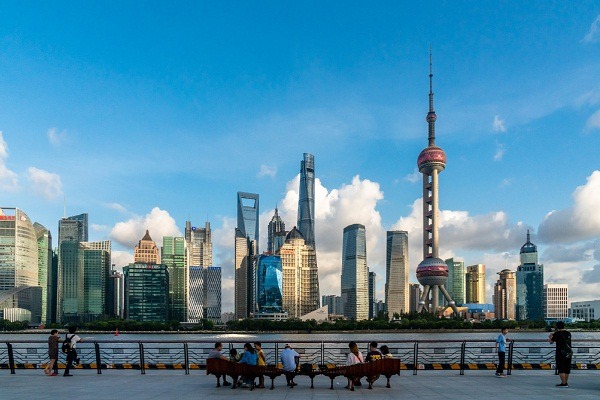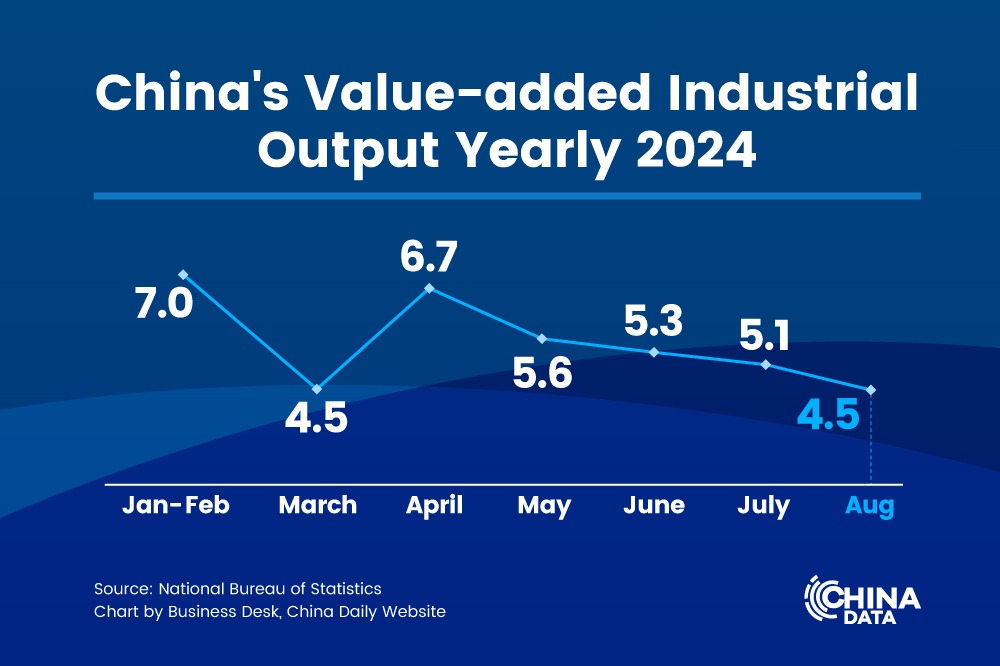Efforts to boost tourism pay off


China will ramp up efforts to boost its tourism sector, launch more distinctive tourism products and provide tourists with better services, officials said on Thursday.
Yin Yong, mayor of Beijing, made the remarks at the 2024 China International Fair for Trade in Services, or CIFTIS, which opened in Beijing on Thursday and will run through Monday.
Yin, also chairman of the World Tourism Cities Federation, said global tourism cities should create more immersive experiences and interactive activities for tourists, while also embracing new technologies such as artificial intelligence.
"Tourism is an important channel for promoting deep exchanges and mutual understanding between different countries and cultures, as well as an effective engine for driving economic growth and creating employment," Yin said. "Beijing attaches significant importance to the growth of the tourism industry and will continuously improve the service quality."
In the first eight months of the year, Beijing received nearly 250 million tourist arrivals, achieving tourism sales revenues of over 450 billion yuan ($63.2 billion), a record high.
During the period, the city welcomed more than 2.3 million foreign visitors, doubling from the level seen in the same period last year, the local government said.
China continues to optimize its visa and entry policies, a strategy that has helped the inbound tourism market to experience impressive growth this year. So far, China has implemented a unilateral visa exemption policy for citizens of 15 countries, allowing visa-free entry for business, tourism and family visits of up to 15 days.
Meanwhile, China launched a number of inbound tourism promotional events in global cities such as Berlin, Dubai, Los Angeles, Madrid and Paris, the Ministry of Culture and Tourism said.
In the January-July period, foreign tourists made over 5.72 million visits to China, surging 403 percent year-on-year. On average, they spent 3,459 yuan per day during their stay in China, the ministry said.
"China has continued to improve payment services, optimize visa policies, improve comprehensive inbound tourism services, and accelerate the recovery of international flights to welcome more foreign visitors," said Ma Li, deputy director of industrial development department of the ministry.
Earlier this week, China's first coastal cruise itinerary designed for inbound travelers set sail from Shanghai with more than 600 foreign tourists boarding the ship, a large percentage of them US tourists.
Operated by Viking Cruises using the Viking-Yidun, the first Chinese-flagged luxury ocean cruise ship, the itinerary includes stops at cities such as Beijing, Shanghai and Hong Kong, as well as some smaller Chinese cities.
The international cruise company will operate a total of eight such voyages between now and November.
"Both the outbound and inbound market in China are rebounding after the COVID-19 pandemic, and we believe this is the right time to invest in the Chinese travel market. We see a huge opportunity here in China and we are committed to making substantial, long-term investments," said Torstein Hagen, founder, chairman and CEO of Viking Cruises.




































